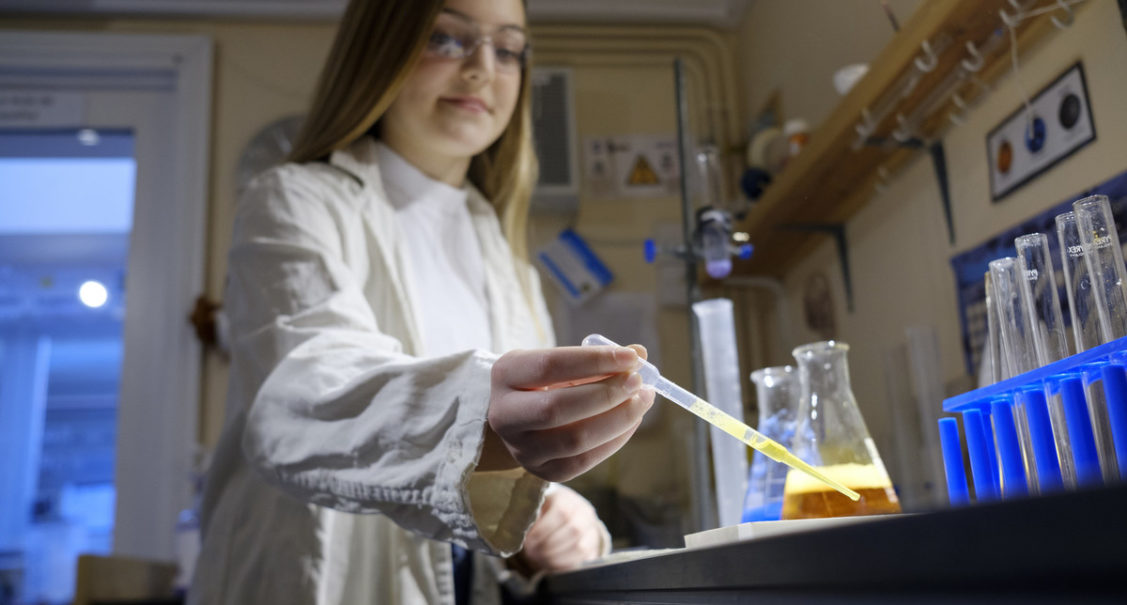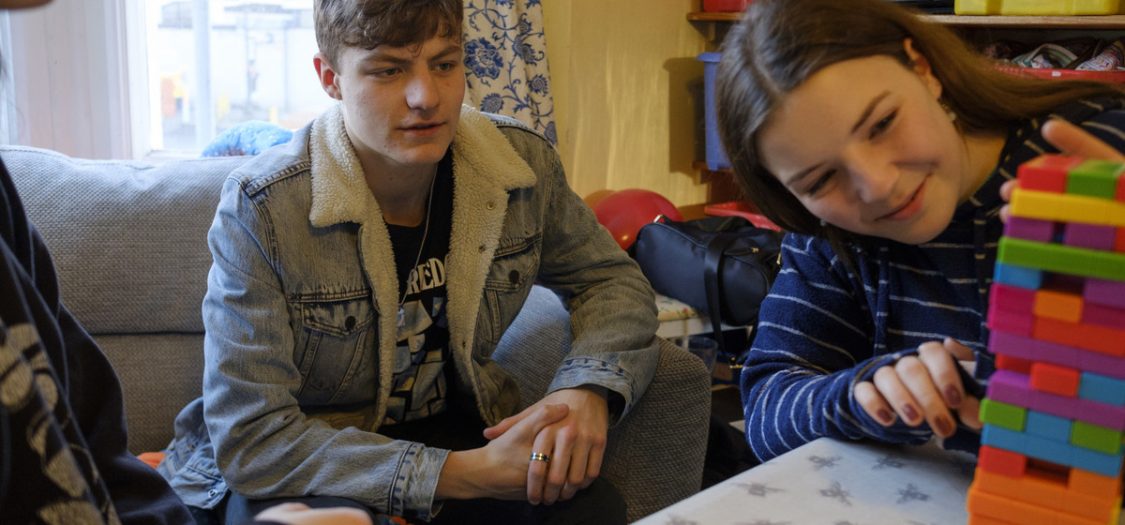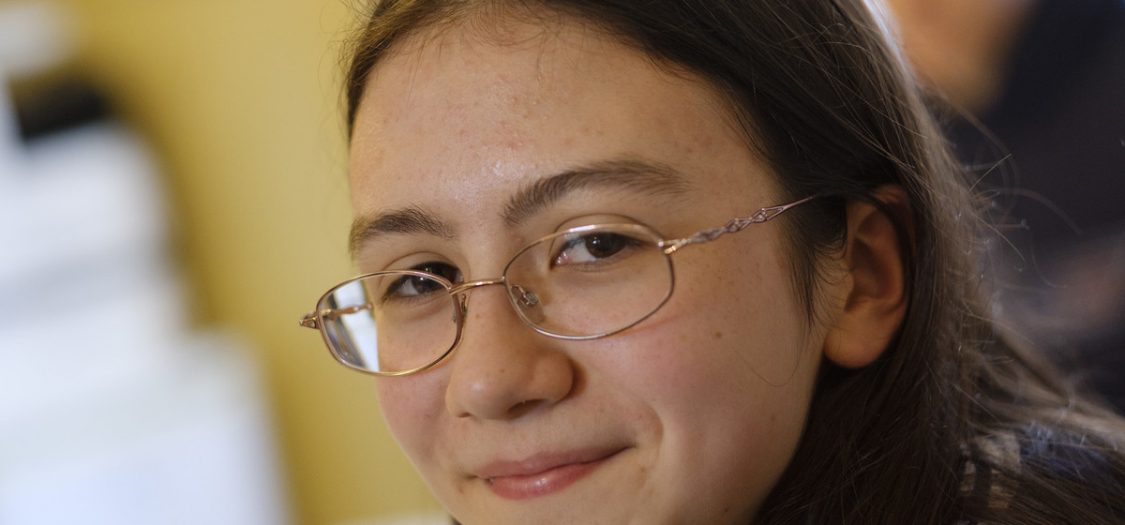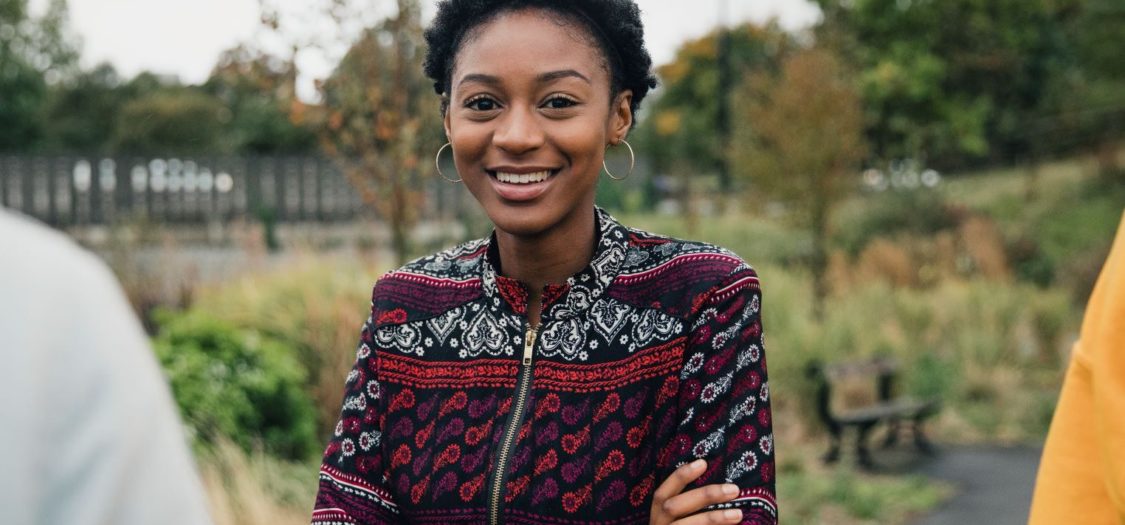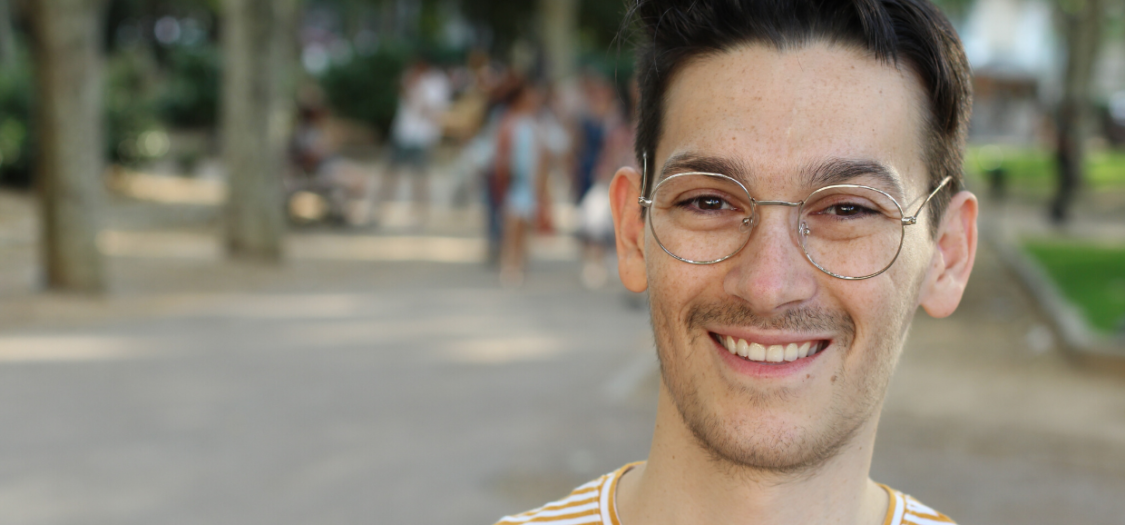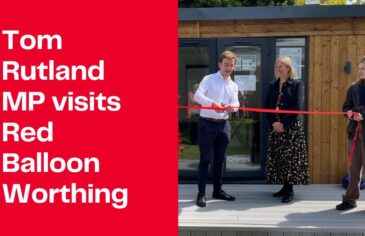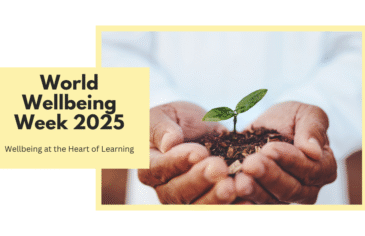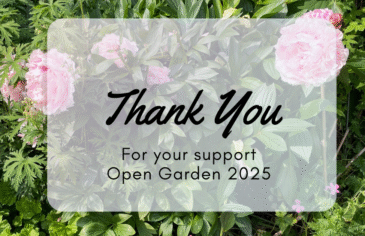About our programmes
Red Balloon provides a full-time education for children who have self-excluded from mainstream school because of Emotional Based School Avoidance. We support young people who have struggled with bullying, trauma, mental or physical ill health, ASC or SEMH needs unable to be met in mainstream school.
The aim is to raise their self-esteem, enable them to come to terms with what has happened and help them learn how to deal with difficult situations. Ultimately, we want to help students get back on an academic track so they can return to education or move on to college or work.
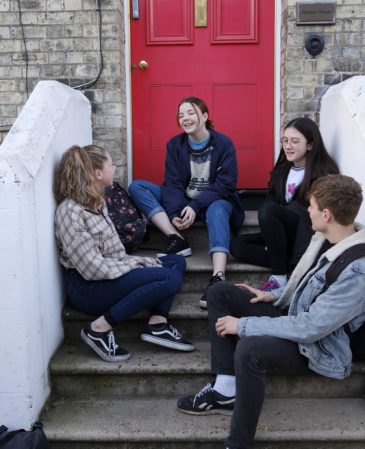
Our three conditions
Before a student is accepted at a Red Balloon they must agree to three conditions:
- They want to be at Red Balloon and will attend regularly
- They want to learn and make academic progress
- They will behave with respect and consideration to the other students, the staff, the property and any pets we might have.
Our typical student profile
The one feature that our students all have in common is that they had stopped going to mainstream school due to Emotional Based School Avoidance (EBSA). In many instances, children have been out of school for weeks, months and, in some cases, years.
Why children self-exclude from school varies. It might be as a result of being bullied, because they’ve suffered a trauma, due to physical or mental ill-health, or due to ASC or other SEMH needs that were not being met. They may have missed a considerable amount of school before ceasing to attend completely.
Once they stop going to school and believe it is their fault, they can develop mental health issues such as anxiety, depression, self-harm, social phobia, eating disorders, and suicidal thoughts. Over 50% of the children at our Centres have seriously thought about suicide or attempted it.
Our students vary in age, background, ability and interests. Most are between 14 and 15, although on occasion some Centres take children as young as ten, and as old as 18.
Some come from single-parent or blended families. Some have siblings, half-siblings and step-siblings, while others are only children. Some are ‘high-flyers’ while others find academic work difficult. Some love creative subjects and some are musical, while others only only factual books, or indeed no books at all. We have children from the independent sector and children from low-income homes, from migrant families and from established local families.

